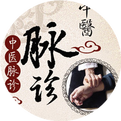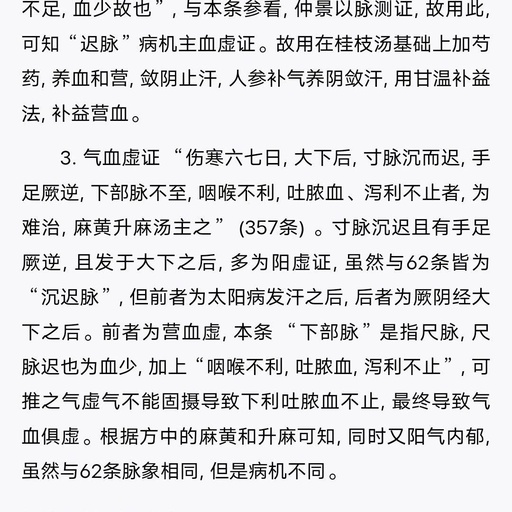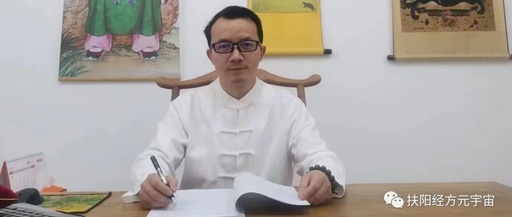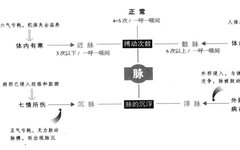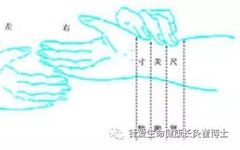Understanding Pulse Diagnosis in Traditional Chinese Medicine (Recommended for Collection)
Pulse Diagnosis Steps: First distinguish floating from sinking,Second differentiate between deficiency and excess; Third assess length and shortness, fourth calculate rapidity and slowness; Fifth observe pulse shape, know them all. 1. First distinguish floating from sinking What is “first distinguish floating from sinking”? The explanation is as follows: ① First, differentiate whether the pulse is … Read more

